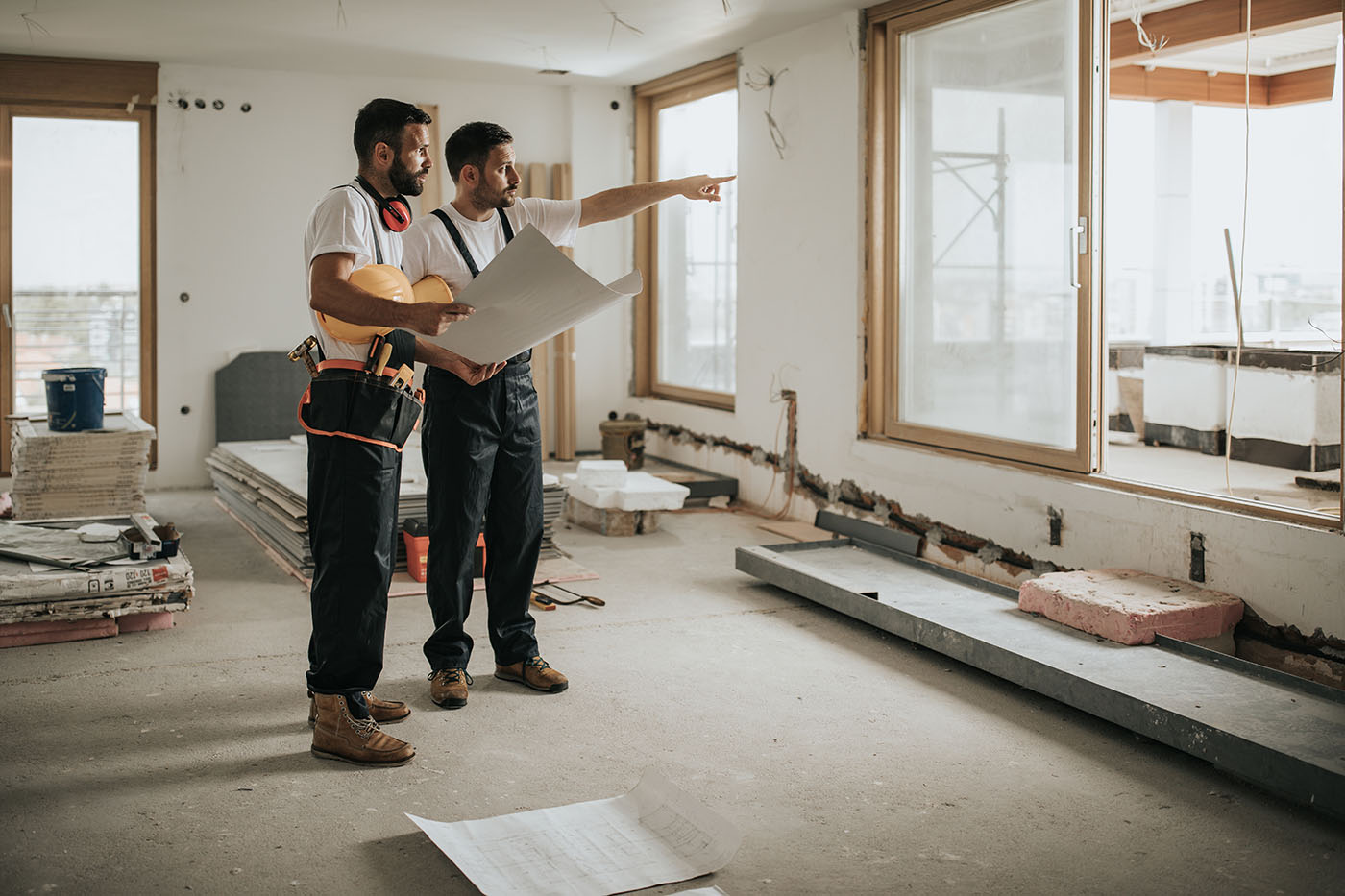Home renovation projects are among the smartest investments homeowners can make to improve their living environment while simultaneously boosting their property’s market value. Whether you’re preparing your house for resale or simply aiming to create a more functional, stylish, and comfortable space for your family, a thoughtful and strategic renovation can deliver substantial long-term benefits. From aesthetic enhancements to structural upgrades, every renovation choice has the potential to make a meaningful impact—both emotionally and financially.
At House Md, we recognize that successful Home renovation requires more than just a vision—it demands careful planning, smart budgeting, and an understanding of what truly adds value. The goal is to strike a balance between functionality, style, and cost-efficiency, ensuring each project delivers a high return on investment without unnecessary overspending.
That’s why we’ve curated this comprehensive guide featuring eight powerful home renovation tips that are proven to enhance your home’s appeal and maximize its market value. Whether you’re a first-time renovator or a seasoned homeowner looking for smart upgrades, these tips will help you make informed decisions that lead to lasting results.
Why Home Renovation Matters for Value
Before diving into the tips, it’s important to understand how home renovation affects your property’s worth. Renovations can improve aesthetics, increase functionality, and even boost energy efficiency. Buyers are more likely to pay a premium for homes that are move-in ready and feature modern amenities. However, not all renovations offer the same return on investment (ROI). Choosing projects wisely is key to maximizing value.
1. Plan Your Renovation with a Clear Budget and Goals
Set a Realistic Budget
Before starting any home renovation, establish a clear budget. Factor in costs for materials, labor, permits, and unexpected expenses. Having a financial plan prevents overspending and helps prioritize projects that add the most value.
Define Your Renovation Goals
Are you renovating to sell quickly or to create a comfortable family home? Your goals will shape which areas to focus on. For resale, aim for improvements that appeal broadly, such as kitchens and bathrooms. For personal use, customize based on your lifestyle.
2. Focus on the Kitchen: The Heart of the Home
The kitchen is often considered the centerpiece of a home and can significantly influence buyer interest.
Upgrade Fixtures and Appliances
Replacing outdated appliances with energy-efficient models and installing modern fixtures can enhance both aesthetics and functionality.
Improve Storage and Layout
Maximize storage by adding cabinets or organizing solutions. If your budget allows, consider a minor layout change to open up space and improve flow.
3. Renovate Bathrooms for a Fresh, Modern Look
Bathrooms are one of the top areas buyers scrutinize. A clean, updated bathroom can raise your home’s appeal.
Replace Old Tiles and Fixtures
Installing new tiles, faucets, and vanities creates a fresh, modern look. Choose neutral tones for broad appeal.
Add Energy-Efficient Features
Low-flow toilets and water-saving showerheads reduce utility costs and attract eco-conscious buyers.
4. Boost Curb Appeal to Make a Strong First Impression
First impressions matter in real estate. Enhancing your home’s exterior can significantly increase perceived value.
Refresh Paint and Siding
A new coat of paint or siding repairs can transform your home’s appearance and protect against weather damage.
Improve Landscaping
Trim bushes, plant flowers, and maintain a green lawn to create an inviting entryway.
5. Invest in Energy-Efficient Upgrades
Sustainability is increasingly important to homeowners and buyers alike.
Install Energy-Efficient Windows
Modern double or triple-pane windows improve insulation and reduce heating and cooling bills.
Upgrade Insulation and HVAC Systems
Better insulation and efficient heating/cooling systems boost comfort and reduce energy costs, enhancing overall home value.
6. Create Functional Living Spaces
Maximizing usable space increases a home’s appeal and value.
Finish Basements or Attics
Converting these areas into livable rooms adds square footage and versatility.
Add Storage Solutions
Built-in shelves, closets, and cabinets help declutter and improve organization.
7. Use Quality Materials and Workmanship
Cutting corners on materials or labor can reduce the impact of your renovation.
Choose Durable Materials
Invest in long-lasting flooring, countertops, and fixtures that maintain their appearance over time.
Hire Skilled Professionals
Experienced contractors ensure the work is done right the first time, avoiding costly future repairs.
8. Keep Renovations Neutral and Timeless
Design choices should appeal to the broadest range of potential buyers.
Opt for Neutral Colors
Neutral paint colors allow buyers to envision their own style in the home.
Avoid Over-Personalization
Custom features that reflect very specific tastes might deter some buyers.
Conclusion: Renovate Smart for Maximum Value
Successful home renovation requires a balance between personal needs and market appeal. By planning carefully, focusing on high-impact areas like kitchens and bathrooms, boosting curb appeal, and choosing quality materials, you can maximize your home’s value and enjoy a beautiful, functional living space. Whether you’re selling or staying put, these eight powerful tips from House Md will guide you toward smart, value-driven home renovation. From expert tips to trending updates, it’s all available on our main page.
FAQ: Home Renovation Tips for Maximum Value
Q1: What is the most cost-effective home renovation?
A1: Kitchen and bathroom upgrades typically offer the highest return on investment and are considered the most cost-effective renovations.
Q2: How long does it take to see value from a home renovation?
A2: Value can be realized immediately when selling, but improvements in energy efficiency and functionality provide long-term savings and comfort.
Q3: Should I hire a professional or DIY for renovations?
A3: While DIY can save money, professional contractors ensure quality workmanship and compliance with local building codes, which is critical for major renovations.
